.
Zac Langdon-Pole is an avid reader. Here’s a list of books that have been important to him, and that offer some nice ways into, through, and beyond his current City Gallery show, Containing Multitudes.
—Robert Leonard
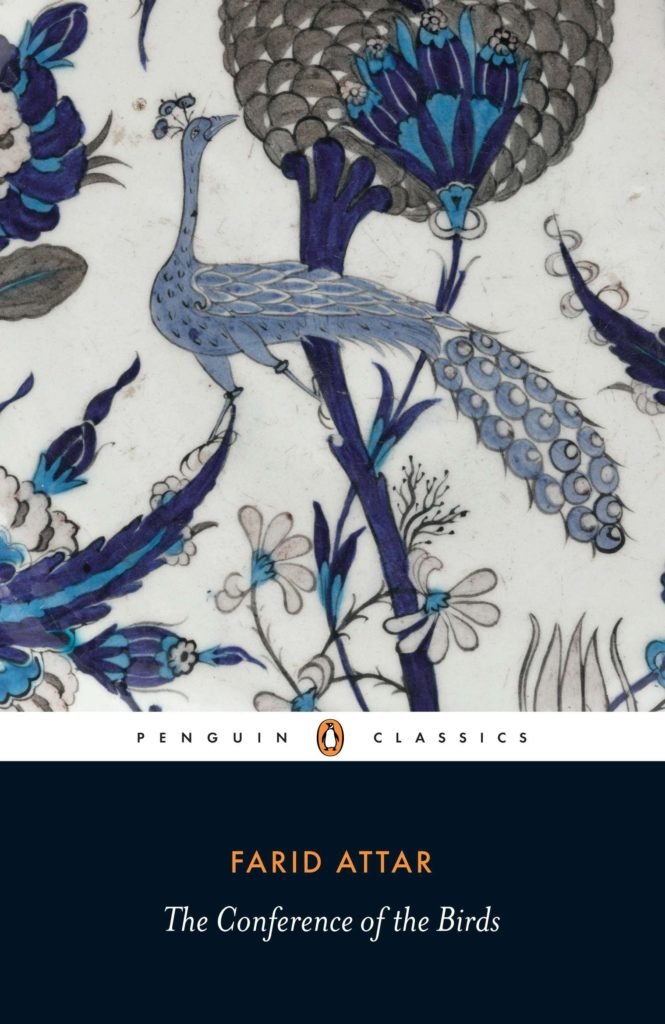
Farīd Attar The Conference of the Birds c.1177
In this Persian epic poem, the world’s birds gather to decide who will be their sovereign. Their inquiry takes them on a great journey across seven valleys: Valleys of Quest, Love, Knowledge, Detachment, Unity, Wonderment, and Poverty and Annihilation. Some survive. In this Sufi allegory, the birds refer to diverse human psychologies—each having their own ideas and ideals, fears and anxieties, and holding on to their own version of the truth. Like birds, we take flight together, but, for each of us, the journey will be different.
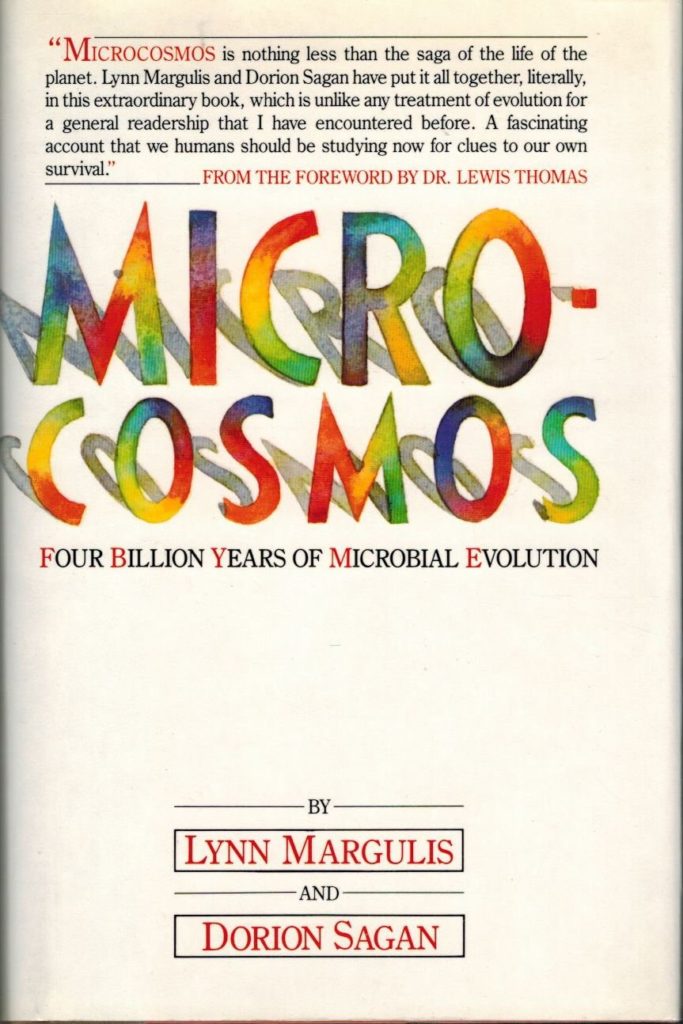
Lynn Margulis and Dorion Sagan Microcosmos 1986
For Charles Darwin, new species emerged as a result of random mutations within species being favoured or excluded by natural selection. Lynn Margulis (1938–2011) disagreed. She saw symbiosis—relationships between species—as the central force in evolution, with the big leaps forward coming from mergers between different kinds of micro-organisms, starting with bacteria. She also developed the Gaia hypothesis with British chemist James Lovelock, proposing that the Earth functions as a single self-regulating system. Addressed to the general reader, Microcosmos provides a view of evolution based not on competition (survival of the fittest) but on interdependency and interconnectedness (co-operation).
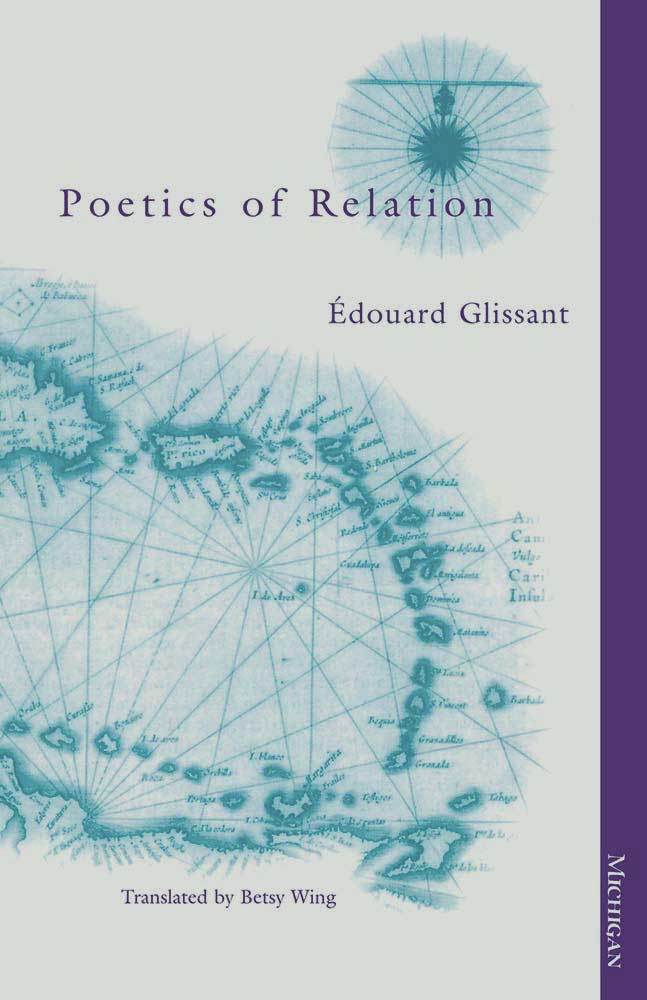
Édouard Glissant Poetics of Relation 1990
Édouard Glissant (1928–2011) was a Martinican poet, novelist, and philosopher. His model for decolonisation was premised on the colonised’s right to ‘opacity’, to exist as different, not translatable into the coloniser’s perspective. His notion of identity—constructed ‘in relation’, not in isolation—is relevant not only to Caribbean creolisation but to decolonisation struggles generally.
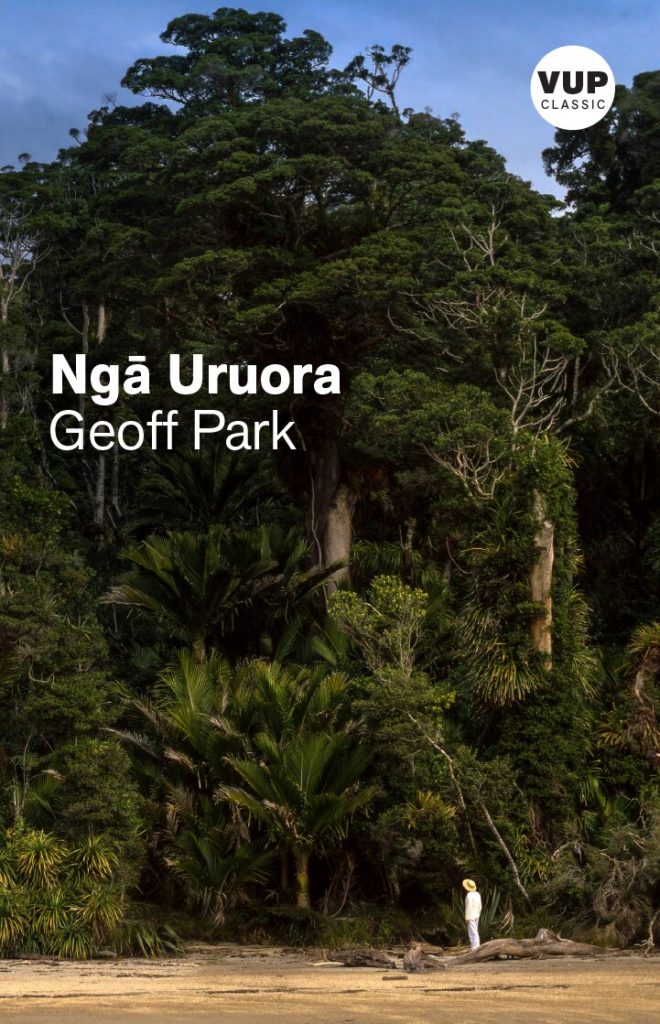
Geoff Park Ngā Uruora 1995
Aotearoa has been a land of opportunity for Māori and Europeans alike, yet today its natural character seems remote. Geoff Park takes us across the country’s river flatlands, where European settlers transformed the forests and swamps with ruthless efficiency. He addresses specific locations—what they mean to Māori and their current ecological vulnerability—through his own appreciation of their magic, beauty, and immediacy. (Also available as a podcast.)
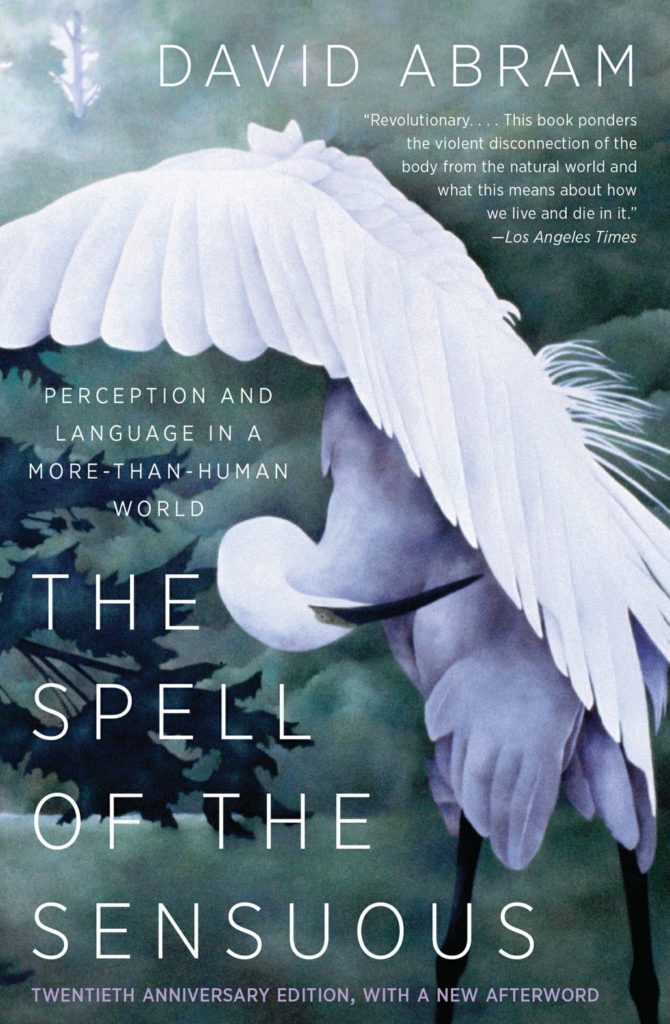
David Abram The Spell of the Sensuous 1996
David Abram draws on phenomenology, Balinese shamanism, Apache storytelling, and sleight-of-hand magic to explore our connection to the natural environment. He endorses animism as a nuanced and viable worldview; where human cognition, rooted in the sensitive and sentient human body, is entangled with the other animals, plants, and bioregions that surround and sustain it.
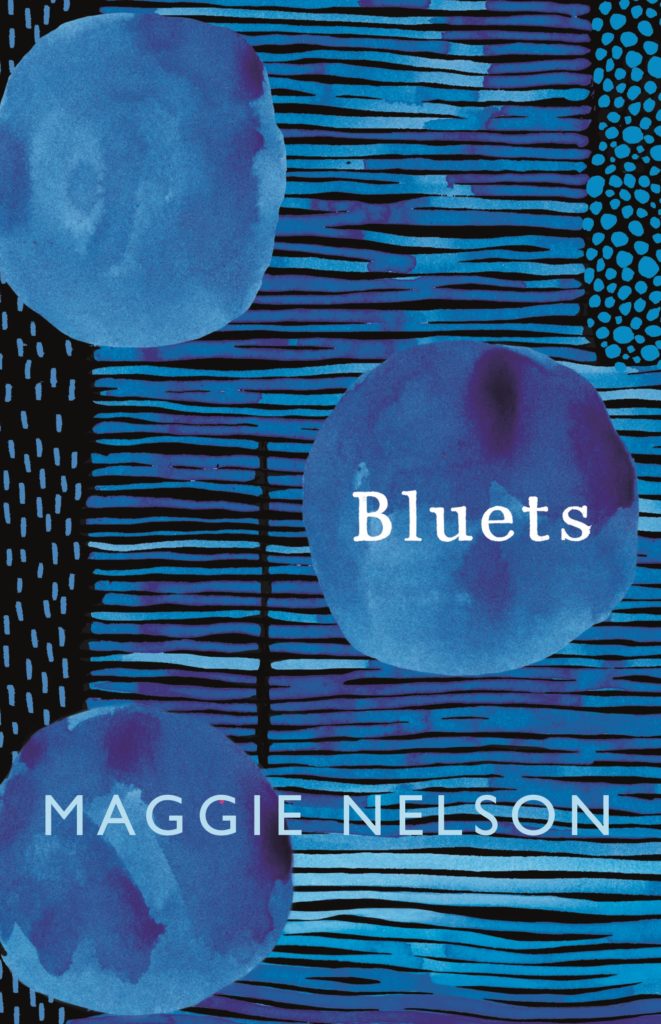
Maggie Nelson Bluets 2009
Part philosophical tract, part autobiography, Bluets takes the colour blue as an alibi to explore the limits of vision and of love. Chopping and changing between the poetic, the scholarly, and the obscene, Maggie Nelson intercuts intimate personal confessions with bookish references to Goethe, Isaac Newton, Ludwig Wittgenstein, Stéphane Mallarmé, Gertrude Stein, Marguerite Duras, Derek Jarman, and Horace-Bénédict de Saussure, the creator of the cyanometer, a device for measuring blueness.

Nell Irvin Painter The History of White People 2010
Black historian Nell Irvin Painter traces the evolution of the idea of whiteness in America. In 1790, US citizens were defined as ‘free white men’, excluding white indentured servants. By the mid-nineteenth century, all whites were free, but immigrants from Ireland, Italy, and Iberia were not considered fully ‘white’. Painter tracks consecutive ‘enlargements of American whiteness’ whereby Irish, Italians, Jews, Hispanics, and other ethnicities were incorporated into white society. Race, she shows, has not disappeared. A fundamental black/white binary endures, but whiteness (non-blackness) has expanded.
Plus, a bonus article!
Kwame Anthony Appiah ‘There Is No Such Thing as Western Civilisation’ 2016
The values of liberty, tolerance, and rational inquiry are not the birth right of a single culture. In fact, the very notion of something called ‘western culture’ is a modern invention.
